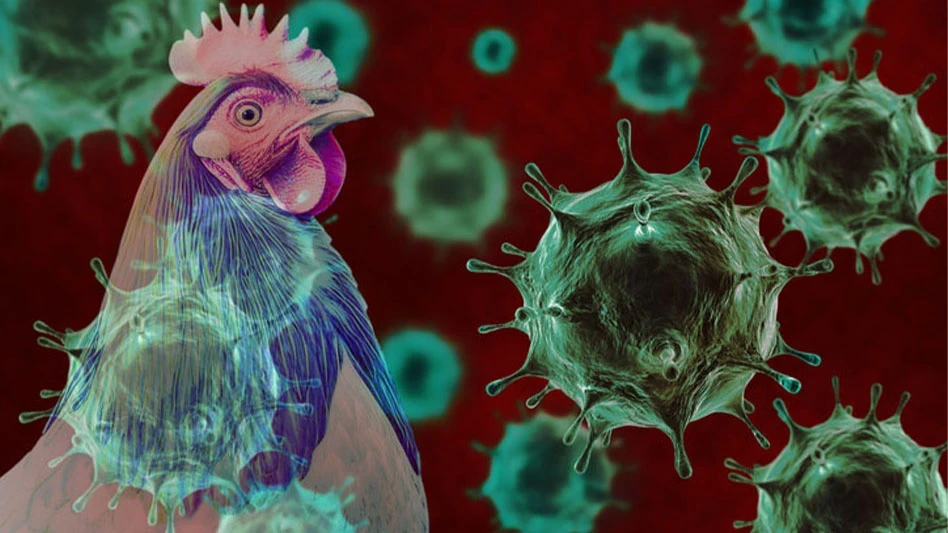
A rat infestation poses a risk to the sanitation, infrastructure, and equipment critical to processing facilities. Known vectors of disease in both food animals and humans, rats threaten processing integrity and public health. Enhancing your pest management program with rat birth control strengthens your IPM efforts, better securing your facility and products.
1 Why should poultry and feather facilities invest in preventive IPM measures?
Wild rats pose a serious risk to animals and humans as they are vectors and reservoirs for many diseases, including Salmonella and Campylobacter. Rats also damage infrastructure and equipment, contribute significantly to losses in feed, and even prey on young chicks. So sanitation is critical, making IPM integration key to successful rodent removal.
2 How does a rat contraceptive factor into preventive IPM?
Poultry and feather facilities are rich in resources, provide rats optimal breeding conditions, and often have no carrying capacity (no limits to the number of rats to sustain in an environment) to keep rat numbers in check. In these environments, a few rats can quickly become an infestation due to their ability to rapidly reproduce.
Fertility control provides an important tool that targets a major component in population size that is often overlooked in IPM, and until now, there has been no product to address this issue. Rats that are not controlled by other means breed in these optimal conditions.
3 Why is ContraPest critical to reducing rat populations when integrated with IPM protocols?
ContraPest provides a sustainable, large scale solution that treats the rat population from the top down — ensuring the root cause of the issue is targeted, rather than bottom up — just treating the symptoms in an environment where resources are readily available. As a contraceptive, ContraPest reduces the number of rat pups born, minimizing the population rebound often seen after traditional rodenticide knockdowns.
4 What is the value of adding ContraPest to existing IPM protocols?
ContraPest allows PMPs to see the results of their hard work, which is often overshadowed by new rats being born and populations rebounding to original numbers after the deployment of traditional rodenticides.
5 How does SenesTech support PMPs with ContraPest integration?
SenesTech provides an innovative tool that PMPs can utilize in their IPM programs to provide long-term results. ContraPest improves PMPs’ efficiency so they can focus on maintenance and prevention, rather than having to repeat their efforts or repeatedly replicate their results on new generations of rats.

Explore the September October 2019 Issue
Check out more from this issue and find your next story to read.
Latest from Quality Assurance & Food Safety
- Seeding The Future Global Food System Challenge Finalists Revealed
- TraceGains Launches AI-Powered Intelligent Document Processing to Improve Ingredient Safety, Compliance
- IFT Virtual Workshop on Food Fraud Prevention to Address Supply Chain Disruptions
- Penn State Course Covers Fundamentals of Food Science
- Joint FAO/WHO Expert Committee on Food Additives Seeks Experts
- FDA Reschedules Webinar on Updated ‘Healthy’ Claim
- Thousands More Laid Off at FDA, CDC in HHS Restructuring
- USDA Extends Deadline on Request for Information for Poultry Quality Standards







